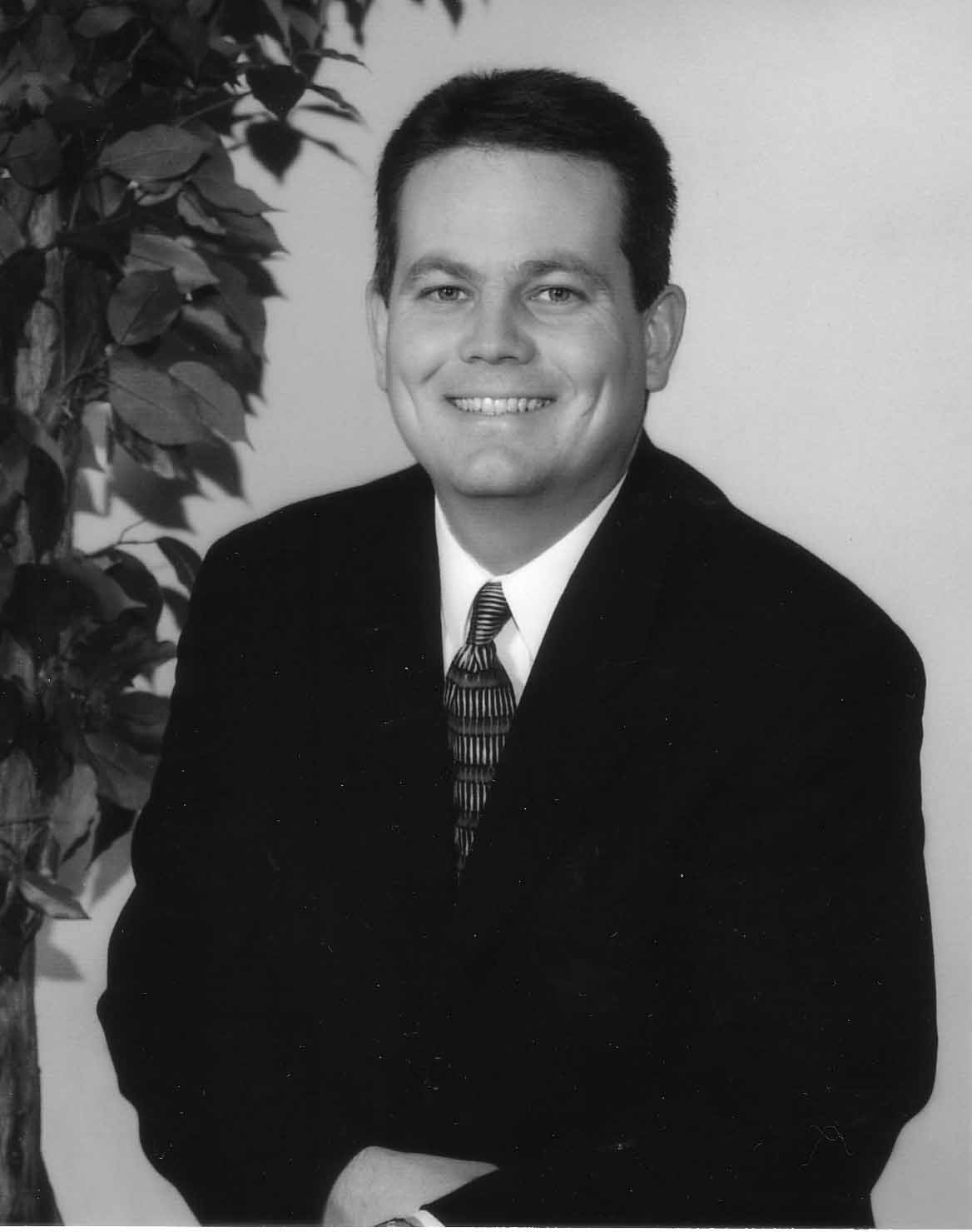 [1]
[1]EDITOR’S NOTE: In recognition of the Southern Baptist Convention’s October emphasis on the Cooperative Program, Baptist Press will provide readers with extra news and information detailing the scope and depth of the Cooperative Program and its impact for the Kingdom. Using vignettes and profiles of churches and individuals, as well as historical and ongoing accounts, our intent is to explain the Cooperative Program not just as a funding channel but as one of the critical ties that bind Southern Baptists in voluntary fellowship for cooperative ministries and missions.
 DEVILLE, La. (BP)–Never before in history has there been a more opportune time to reach our world with the life-changing message of the Gospel of Christ (i.e. transportation, communication, etc.). Also, I would argue there is a Spirit-led urging today in the hearts of believers to be personally involved in missions like never before. Yet, I cannot remember a time, at least in my 29 years as a Christian, when the method of missions was such a debated topic in the Southern Baptist Convention.
DEVILLE, La. (BP)–Never before in history has there been a more opportune time to reach our world with the life-changing message of the Gospel of Christ (i.e. transportation, communication, etc.). Also, I would argue there is a Spirit-led urging today in the hearts of believers to be personally involved in missions like never before. Yet, I cannot remember a time, at least in my 29 years as a Christian, when the method of missions was such a debated topic in the Southern Baptist Convention.
I remain more convinced than ever that the Southern Baptist Cooperative Program is the most efficient means whereby Southern Baptist churches can effectively impact their neighbors and the nations for Christ. As far as I know, our convention has yet to see what kind of impact could be made to fulfill the Great Commission if every Southern Baptist church contributed just 10 percent of undesignated receipts to the Cooperative Program. I still believe this plan needs to continue to be our goal for several reasons:
1) It is a plan that unifies. With regard to missions, the old adage is true, “We can do more together than we can do individually.” While I have many independent Baptist friends, I am not an independent Baptist, because I believe in the Cooperative Program. After all, what is it that sets the Southern Baptist Convention apart from other denominations who are doctrinally and theologically like-minded? The Cooperative Program unites us around a specific plan to fulfill the Great Commission. Churches in other denominations share a common cause, but they don’t necessarily share a common plan. Our commitment to the Word of God and the plan of Cooperative Program missions really is the glue that uniquely binds our convention together.
2) It is a plan that works. The Cooperative Program works on all levels — association, state, national and international. Sure, we need to guard against wasteful spending in it, but that is also true in the local church as well. For years, I have heard leading pastors say that the Cooperative Program is the best plan we’ve got for reaching our world with the Gospel. Yet, many of those same pastors today only give 2 or 3 percent to the plan. If it really is the most effective method we have, then every church, regardless of size, should strive to contribute at least 10 percent, with the larger churches setting the example and leading the way.
I think a large part of the tension has arisen because of the 21st century desire of individual believers to be involved in missions first-hand which, by and large, is facilitated and funded by the local church. Also, there is tension because of a real or perceived perception of unwise stewardship along the Cooperative Program funnel. If the Great Commission Task Force proceeds with the right motive, they will provide additional, acceptable accountability to the plan. Concerning the first tension, I am thankful for this desire which I believe is initiated by the Lord. However, I am convinced these mission endeavors by our local churches need to be in addition to the Cooperative Program, not instead of it.
What if every church had a goal to give 20 percent of receipts to mission efforts outside the church — 10 percent through the Cooperative Program and 10 percent independently? Individual mission participation, in my opinion, will only foster a greater commitment to the Cooperative Program, the best plan I know for reaching “Jerusalem,” “Judea,” “Samaria,” and the “uttermost parts of the earth” with the Gospel for the glory of God.
–30–
Philip Robertson has been pastor of Philadelphia Baptist Church in Deville, La., since 1995.
